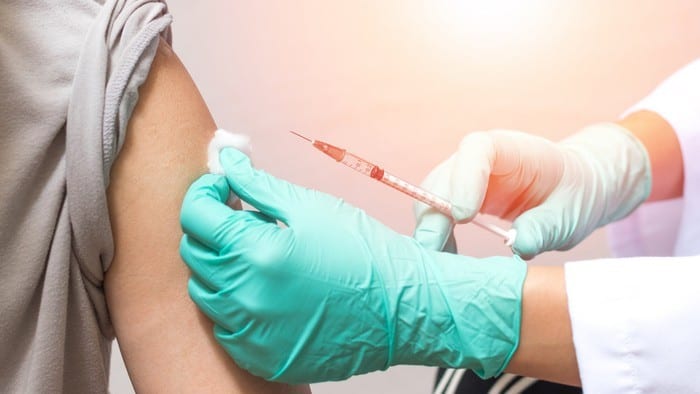This article was originally published on Fool.com. All figures quoted in US dollars unless otherwise stated.
On Wednesday morning, the U.K. authorized AstraZeneca's (NASDAQ: AZN) coronavirus vaccine candidate for emergency supply. The first doses of COVID-19 Vaccine AstraZeneca (formerly known as AZD1222) will be released today with the intention to begin vaccinations early in the new year.
The U.K.'s Medicines and Healthcare products Regulatory Agency (MHRA) recommends two full doses given four to 12 weeks apart. This is the dosing regimen that appeared 62% effective in clinical trials in the U.K. and Brazil.
You may remember an unintentionally administered half-dose/full-dose regimen that appeared more than 90% effective in a smaller group of patients. Unfortunately, data available to the MHRA wasn't sufficient to persuade the agency to deviate from the two full doses received by the vast majority of clinical trial participants.
The European Medicines Agency (EMA) and the Food and Drug Administration aren't on the same page as the MHRA. As a result, timelines for similar authorizations for AstraZeneca are still fuzzy.
On Tuesday, EMA executive director Noel Wathion told reporters that AstraZeneca hasn't even filed an application yet. While AstraZeneca has sent in some data, it hasn't been enough to warrant a conditional marketing license.
In the U.S., COVID-19 Vaccine AstraZeneca's path forward is going to be bumpy. The company's CEO has hinted at more-compelling clinical trial data to come, but the results we've seen so far don't meet the FDA's pre-determined efficacy threshold. Plus, the FDA has clearly stated it's unwilling to authorize a candidate without some pivotal data from a U.S. study.
This article was originally published on Fool.com. All figures quoted in US dollars unless otherwise stated.









